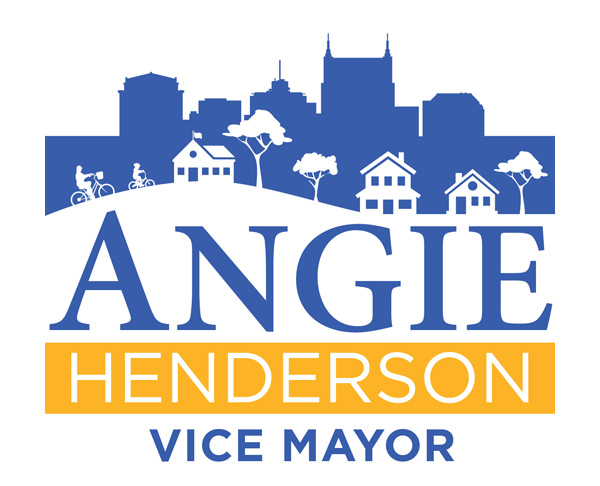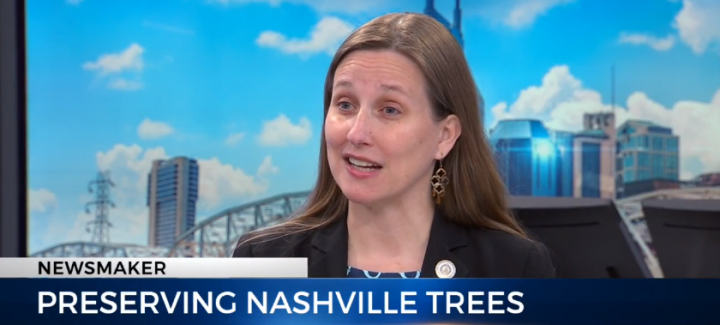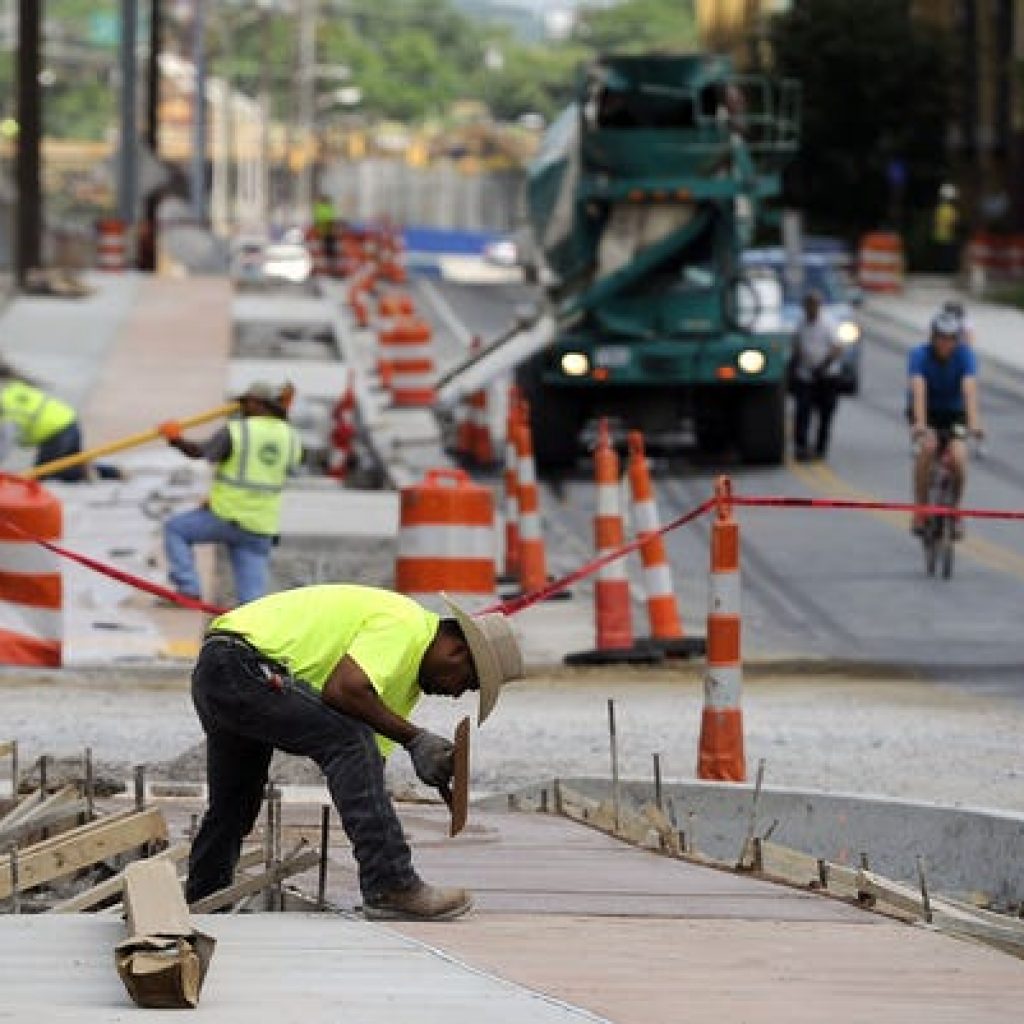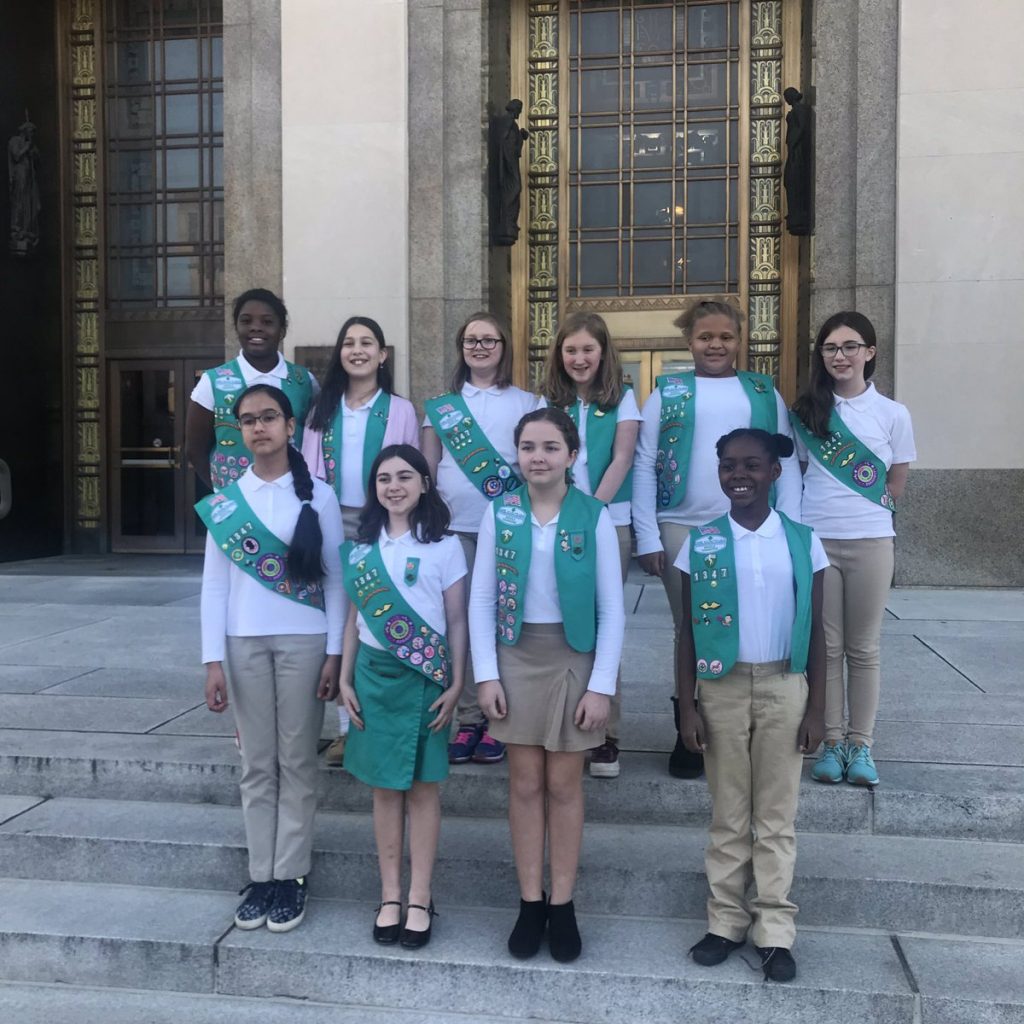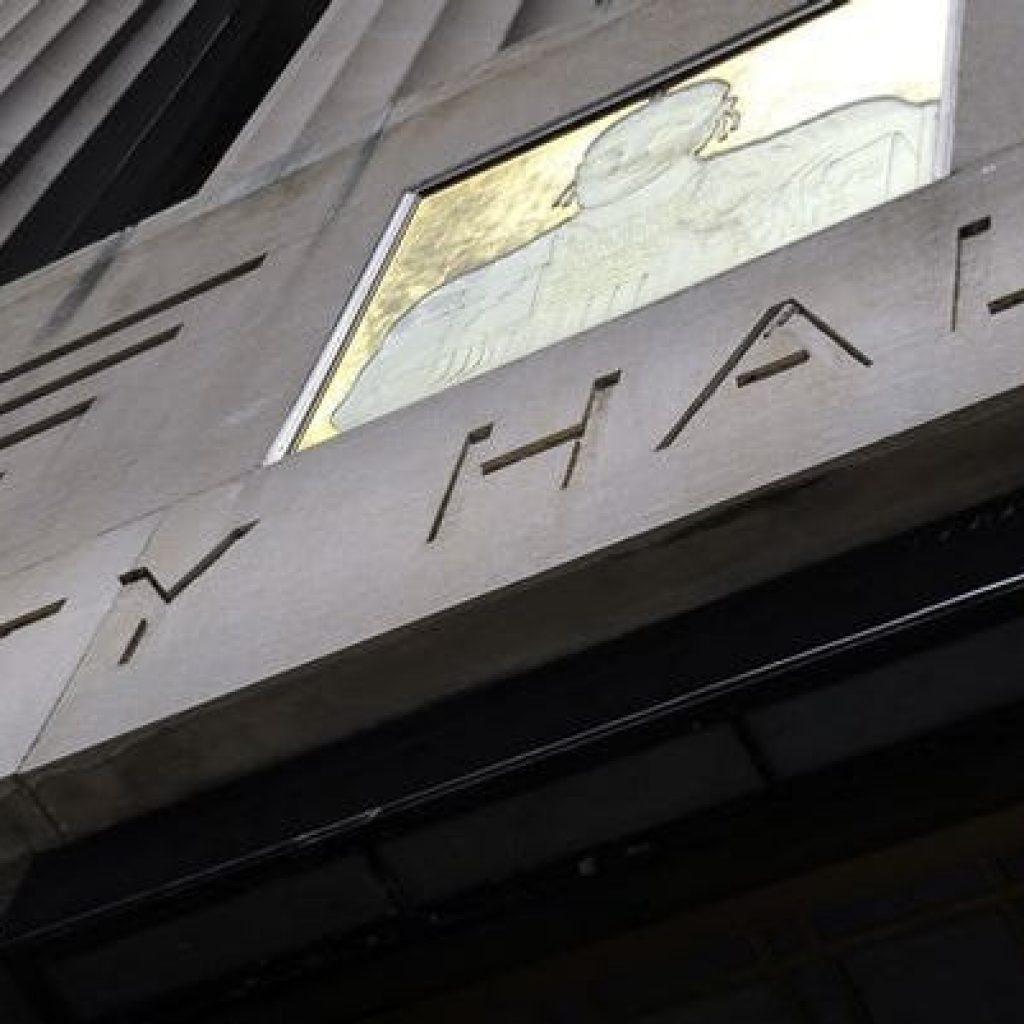Why I didn’t vote for a property tax increase.
It was a challenging week on Metro Council, with mixed opinions on the various proposed budgets (the most substitute budgets filed by the Council in Metro’s history) and a wide variety of needs and wants to balance and consider. Several of my constituents are disappointed because I did not vote for what they believed was a much-needed, 15.8% property tax increase. While it saddens me to disappoint any constituent, and I understand their concerns, I also know that the majority of my constituents agree with my decision to vote no.
There are more people over age 70 living in District 34 than anywhere else in Nashville, and I heard from a lot of them last week. A senior residing in a modest ranch home on our district’s typically large lots is paying around $4,000 in property taxes at the current rate. The Vercher substitute budget would have increased their annual taxes $630. Some will say, that’s a small price to pay for all the benefits within the budget, but I have to think closely about the impact on the people I represent and be mindful that in other areas of Nashville with exponentially appreciating home values, a sharply rising and regressive property tax is an even greater burden, contributing to the gentrification of core neighborhoods and pushing more people to reside on the periphery of Davidson County and beyond.
I also heard from several constituents asking me to raise their taxes. I appreciate these constituents’ willingness to increase their personal tax burden for the collective good of our schools. While this was a clear vote for my head, this was a difficult vote for my heart because I know that our Metro teachers and employees feel under valued and under appreciated with just a 3% cost of living adjustment (COLA) in the mayor’s budget, when they were already due 3% last year. Chair Vercher’s budget delivered a 4% COLA and one pay “step” increase for MNPS employees, but just a 3% COLA for general Metro employees. The Council eagerly awaits the MNPS pay study and the School Board’s work in this area, as it is clear that teachers have long been dissatisfied with the current pay structure.
Numerous departments and constituencies had items in the Vercher substitute budget that they wanted, that were good things, but those goods have to be balanced against the larger budgetary and economic impacts. For example, the Vercher budget added 20 new positions to the Metro Nashville Police Department (MNPD), which sounds beneficial, until you realize that there are currently over 80 MNPD positions un-filled. Personally, I wanted another urban forestry position in the Codes Department. I know from my work on tree-related policy that we are far behind peer cities and this position is much needed. This was a budget request that I personally coordinated. Chair Vercher kindly added it to her substitute budget, but as passionate as I am about tree-policy work, that still did not convince me to vote for this budget.
There’s no one solution to Metro’s budget woes. I agree that we will likely need a slight tax rate adjustment to get back on track after the last three mayors abdicated their responsibility to adjust the rate to keep revenue, spending and debt obligations in balance. That said, I disagree that a rate adjustment of the magnitude proposed, a $0.498 cent increase per $100 of assessed value, a 15.8% rate increase, is appropriate at this time. A rate adjustment should not be so significant that Metro Government is disincentivized from addressing systemic/structural problems and making the heavier, more complicated policy lifts. Before we consider raising property taxes, which have the greatest impact on lower-income individuals, we must:
- address the revenue capture in the “downtown” tourism zone (TDZ).
- advance a referendum within the next two years for a fundamentals-first transportation plan with dedicated funding for sidewalks, greenways, bikeways, & a truly excellent bus system.
- be pro-active and intentional about implementing business improvement districts (BID) in our suburban centers to supplement funding for the specific operational and capital needs of those areas.
- elevate ethics in procurement.
- reform tax increment financing (TIF).
- better address the impact and lessen the use of incentives and abatements for preferred real estate developers and corporations.
These are just some of the structural, policy changes we need to make, and I do not believe we should raise the property taxes of individual citizens so significantly until Metro Government gets our proverbial house in order. (For more details on the list above, please see the “Getting Our House in Order” blog post). There are so many awesome folks in Metro Government doing solid work for our citizens. I am grateful to them, and saddened that the rocky leadership in the Mayor’s Office, and the doubts and concerns that creates, continues to influence the willingness of taxpayers to invest more money in the Bank of Metro.
However they feel about mayoral leadership over this term, the majority of the Council agrees that Metro Government’s budgeting process is broken. Despite our thick budget books and 55 departmental budget hearings, much of our large departments’ budgets remain opaque. It is only through years of intentional engagement that council members begin to notice patterns in legislative and budget related discussions and start making specific requests for organizational charts and financial reports. In so doing, members of our various committee’s come to better understand the inner workings and budgetary needs of the departments to better deliver the services that citizens need and want. This requires an inordinate amount of time and effort, and questions of the council members are often met with skepticism and concerns of micro-management.
Given the constraints the Council has, I am grateful to Councilman Mendes for his budget work, to Councilman Glover for trying to provide a budget with a lower tax increase to honor the COLA, and to Budget & Finance Committee Chair Vercher for all her hard work. For one person to have to revise and compile a massive budget in virtual isolation with small inputs for changes and additions from other council members via staff, when the mayor has a massive finance department and months and months at his disposal to prepare his budget, is ridiculous. Our mayor-dominant system does not serve our citizens well. The Council does not, but can and should, make better use of its committee system to divide the work needed for comprehensive departmental oversight, meeting policy goals, and delivering a budget that reflects the collective will of our body and the citizens we represent.
When a budget fails by one vote, it’s very easy for those who are disappointed to direct their ire at any one particular Council member. Nashvillians who are mad at the Council for not passing the substitute budget with the tax increase, should remember also that the mayor lobbied against it and likely would have vetoed it. If you want better budgeting and fiscal stewardship, elect a better mayor and elect council members with the independence to vote against unsound deals. For good or bad, with our “strong-mayor” form of government, Nashville is where it is at any particular time largely due to the deals and choices made inside the Mayor’s Office.
In service to you, I research, read, and listen to a variety of opinions and sources before all votes, especially one of this magnitude. I stand by my budget vote and am accountable for it and every vote that I have made in my service on the Council. I welcome you to contact me with your questions and concerns at angie.henderson@nashville.gov or call me at 615-260-5530. I am always happy to discuss your Metro government with you.
